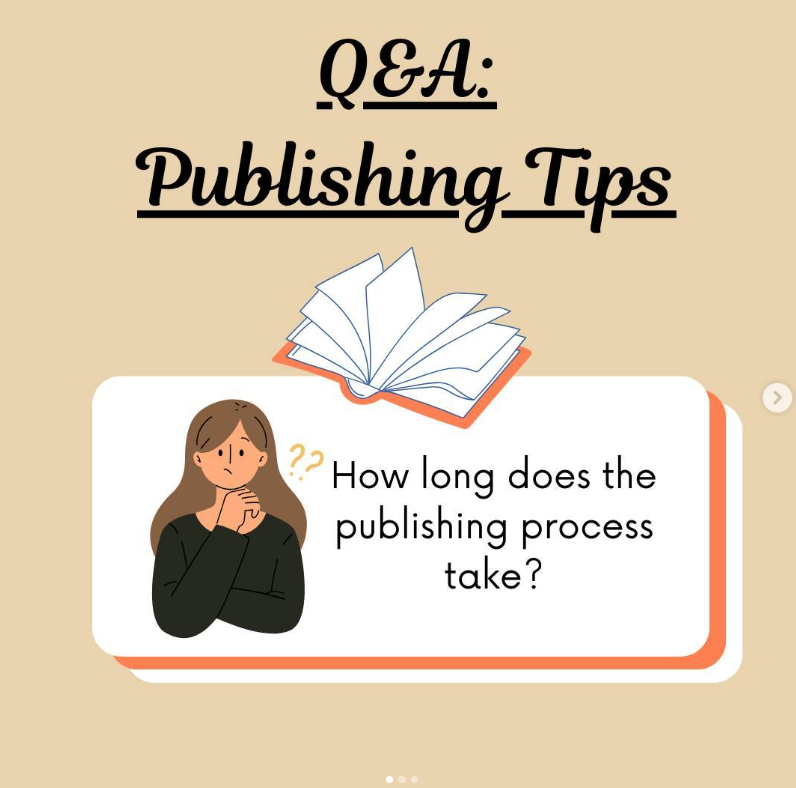Procrastination - The creative killer and the mocking reminder
- Lauren Ilbury

- Mar 16, 2023
- 3 min read

Have you ever had that impulse to get healthy? It normally happens around 1am, when you've just finished your movie or Youtube binge, where you see yourself in the reflection of the black screen of your laptop or TV, and think to yourself, 'I'm not living like this anymore. Starting from tomorrow, I'm going to become the healthiest person alive! Nothing but fruit smoothies and 5km hikes before 6am.' It all sounds incredibly easy, up until you actually have to do it, that is. For me, it was the same when writing a book. I'd be filled with creative inspiration, and convince myself I'd somehow finish 6 new novels in a week. Obviously, that didn't happen. I spent the majority of quarantine, and a little after it, writing Teacher's Pet, mainly because writing a book just isn't that easy! Procrastination was my main enemy. There were some days where I'd sit and stare at my screen all day and write nothing. But I never allowed myself to do anything either, so I was essentially a statue at my desk for 12 hours a day. And the guilt I felt before, during, and after was immensely felt. I ended up figuring out why the procrastination was happening. Writing a whole novel sounds like a lot of mental energy, and it is, so I would sit there with the aim of 'gathering and preparing' myself to spend all that mental energy writing. Except I never did. Does that make sense? There are other reasons we procrastinate writing though, some of which we discuss and try to help you through below. Just remember, you're not alone with procrastination!
Procrastination Tips
Create manageable tasks Take it one word at a time. Procrastination is less because we're lazy, and more because we can feel daunted by the task before us. It becomes difficult to bear if you don't feel good enough to complete the book. Cut the book up into chapters, then paragraphs, then a sentence or two, and resolve to write! Even if its just a sentence, it's still a sentence more than what it would have been if you hadn't written it.
Get rid of distractions. Now sitting in a room with nothing but a desk and a writing pad is unrealistic, and a little bit of an ominous mental image. But installing browsers on your laptop that limits your social media, finding an hour at night when the house is quiet and you can't make too much noise in case you wake people can really help get you focused. For me, it was a case of leaving my earphones in another room. I can't really listen to anything without them, and often I was so lazy that when I sat down, I would be reluctant to get up and get them!
Daydream That's right. Work on your book without working on your book! Daydream about the way your plot could go, what the next character is up to, what they'll wear and they'll act in response to certain situations.
Let go of expectations It's good to have ambition and goals, but sometimes your own expectations can lead to a lot of pressure. Write terrible sentences. Write things that are nonsensical. Try to write things that are the opposite of attention-grabbing. There might just be a sentence in there that is a diamond.
Where are you going? Choice paralysis is a terrible thing. You have the freedom to create worlds, any character you could imagine, any plot that you could think, but...there's just too many options! Create a very rough idea of how you'd like your plot to go, then a rough plot of how each chapter will play out. Your characters might not always listen to your plan, but having a sense of direction could help enormously.











Comments